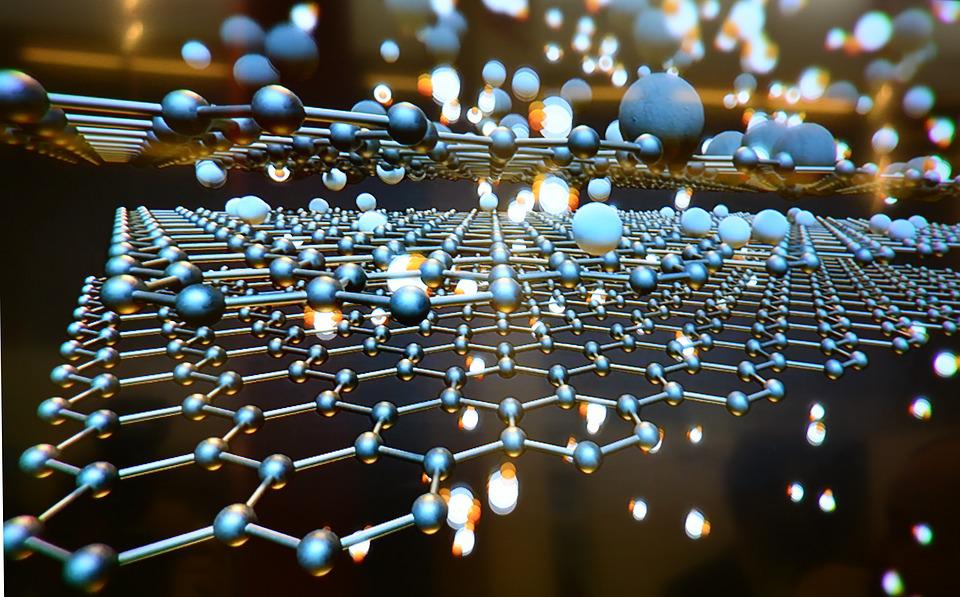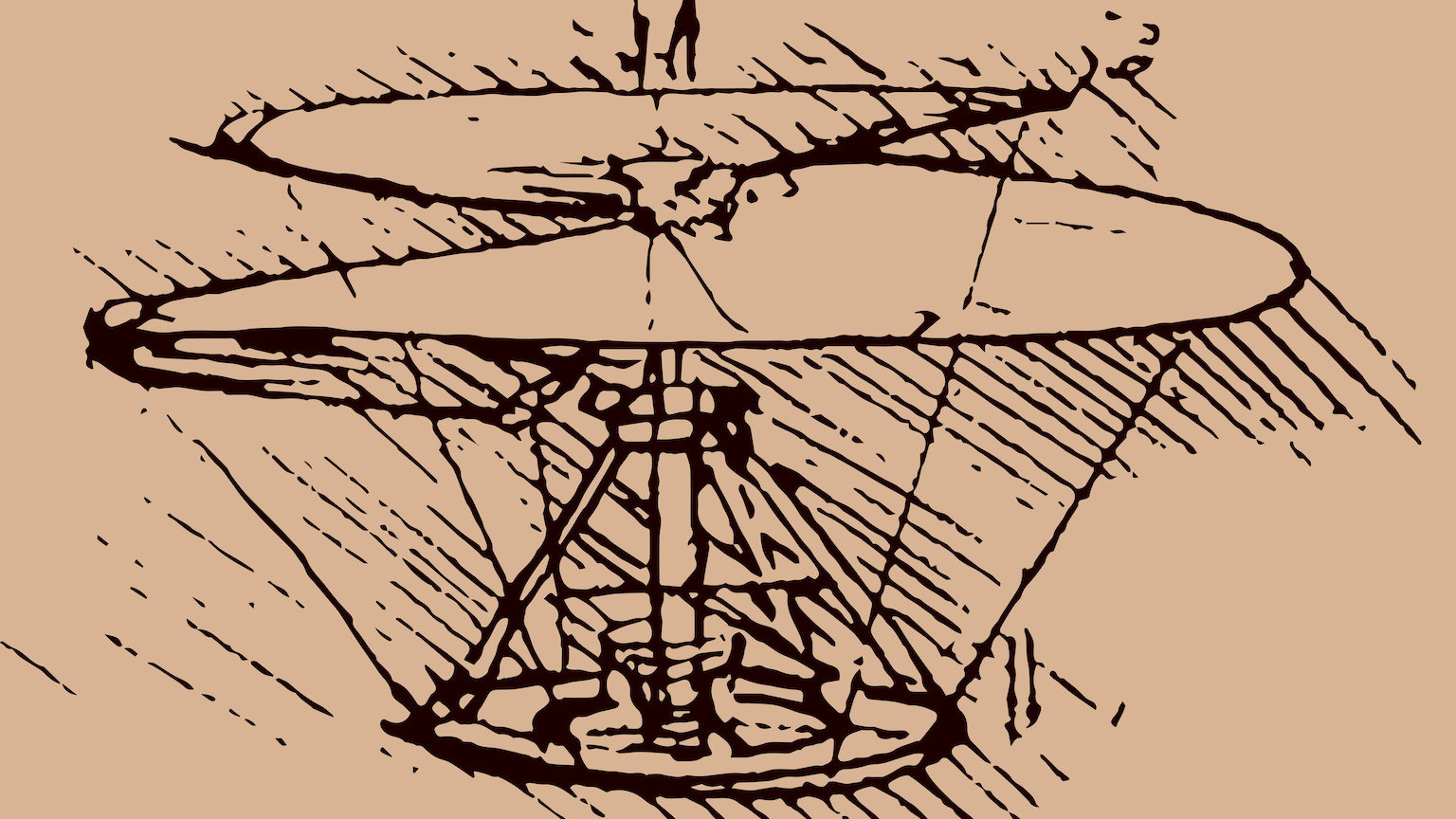Paperless Doesn’t Mean Green

Plastic Logic finally released its much-anticipated QUE reader today, along with news of agreements that a forest full of books, magazines and newspapers will be available on the device. The Que is supposed to be a boon to important people who have to lug big piles of paper around to their important meetings, but of course, as e-readers take over (one report predicts 32 million of the devices to sell in 2014, from 1 million in 2008) there also ought to be a payoff for the environment, right? After all, the reason all our emails ask us to think before printing is that paper and ink are a lot worse for the planet than pixels.
Wrong, according to Don Carli of the Institute for Sustainable Communication. The mind has inbuilt biases that incline us to think that what’s new, light, and quiet must be less burdensome than what is old, heavy and noisy, so it’s easy to feel green by reading off a screen. But being green often turns out to require rigorous thought and well-collected information, not trusting intuition. And Carli’s point about ereaders is an example:
Making a computer typically requires the mining and refining of dozens of minerals and metals including gold, silver and palladium as well as extensive use of plastics and hydrocarbon solvents. To function, digital devices require a constant flow of electrons that predominately come from the combustion of coal, and at the end of their all-too-short useful lives electronics have become the single largest stream of toxic waste created by man.
Evil old print, it turns out, “is based on comparatively benign and renewable materials,” Carli says. And even if you think that ereader technology will eventually reduce its eco-impact and prove better than print, here’s a final irony: Ultra-light readers like the Que will probably dominate the market, and those devices are made of flexible polymers, on which the circuitry is printed. Which means ereading will involve (and impose the ecological costs of) both electronics and print.





